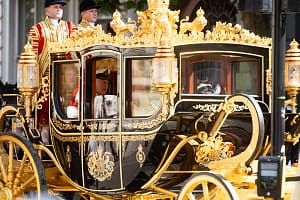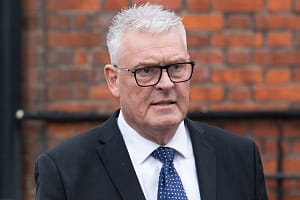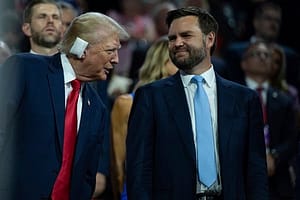Leaders are thinking about how to help more than just the1%, writes Mak, a World Economic Forum Young Global Shaper
The theme for this year’s World Economic Forum Annual Meeting in Davos was “Reshaping the World: Consequences for Society, Politics and Business”. Not snappy, but the aim was laudable: to encourage the 2,500 CEOs, celebrities and political leaders gathered in the Alps to forget the financial crisis, focus on the nascent economic recovery, and ensure the upturn benefits more than just the 1%.
It is a time to be optimistic: the world economy is turning a corner, but we must ensure politics and business serve society better this time.
The feeling of optimism was certainly pervasive. The annualPwC CEO survey, launched at Davos, showed that the proportion of CEOs who believe the economy will improve hit 44%, double that of a year ago, while only 7% believe things will get worse, in contrast to 28% the previous year.
My first event at this year’s Davos reinforced this: a 7am breakfast panel event to launch the always-excellentEdelman Trust Barometer, an annual survey measuring public trust in business, government and the media around the world. The panel included Unilever CEO Paul Polman, Doug Peterson, President of McGraw Hill Financial and Jasmine Whitbread, CEO of Save the Children.
Polman, who I work with on youth leadership summitOne Young World, was in great form. He said the CEO’s new role in the post-crisis business environment was to act as the “chief engagement officer”, spreading the word that business’ role was to “maximise values not just value”.
He quoted leadership guru Stephen Covey who said “you can’t talk yourself out of something you’ve behaved yourself into” and emphasised the need for business to match fine words about a responsible recovery with real actions, such as reducing their environmental impact, ensuring their staff did not burn out, and helping solve societal challenges like youth unemployment.
Key to the responsible recovery would be business building trust with customers and society. Polman cited Indian tycoon Ratan Tata who said his company “made millions of cars each year, but built just 1 thing: trust”.
Maybe this was an example of Davos going soft, but the invited audience, including me, certainly left inspired and energised.
Later in the week, Akira Amari, Japan’s “Minister for Economic Revitalization” headlined a standing-room only session on “Re-Shaping Globalisation” which also featured the CEOs of Møller-Maersk (the world’s biggest shipping company), Cargill (the world’s biggest agribusiness) and the new managing partner of Clifford Chance (the world’s leading global law firm).
The consensus was that the “new era of globalisation has to work for everyone” and that wealth must be shared more equally within countries as well as between them to avoid the types of civil unrest we saw in southern Europe and Latin America last year.
This spirit was shared at a working dinner that night convened by the WEF’s expert panel on civil society. Being seated between Diarmuid Martin, the archbishop of Dublin, and Frances O’Grady, general secretary of the TUC (UK Trades Union Congress), was a novel and illuminating experience, and the conversation wasn’t any less punchy, focussing on how civil society could act as a watchdog on business in the new economy to ensure wealth and success were open to all, especially to young people and those in developing economies.
Everyone agreed business was a force for good (even Frances) – creating wealth, new jobs and innovation – but that we should all work hard to ensure more people felt the benefits.
Of course amid the optimism there were also salutary warnings from Davos’ elder statesmen: FT Editor Lionel Barber predicted a consumer backlash against “Big Tech” firms that play fast and loose with consumers’ data, while his colleague Martin Wolf, the FT’s chief economics commentator, who spoke at my panel event last year, warned that Chinese growth wouldn’t last forever.
Despite talk about emerging threats from cyber-hackers, currency instability, social inequality and regional conflicts, the mood was overwhelmingly positive, which makes a great changes from the last few year at Davos.
Even the branded coasters in the PwC Lounge at the main Davos hotel (the Belvedere) were upbeat. Their bold orange print summing up the mood best: “Caution. Optimism ahead”.
The responsible recovery has started.
Alan Mak is a World Economic Forum Young Global Shaper. Follow Alan on Twitter: @AlanMakUK
NOW READ THIS: 5 important takeaways from Davos







Leave a Comment